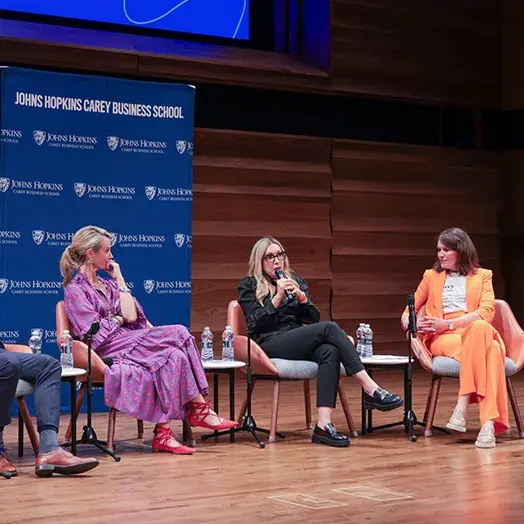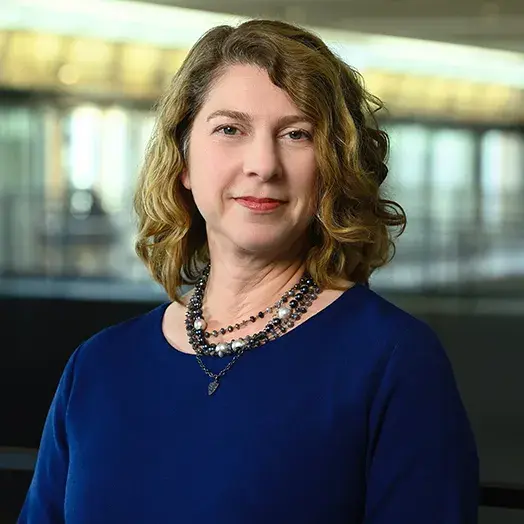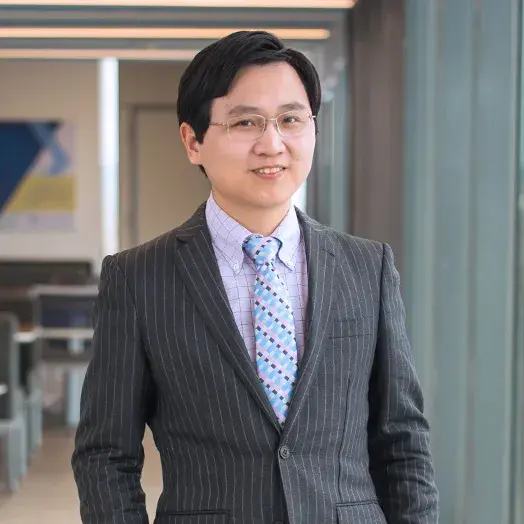The Gender & Work Initiative brought together a network of thought leaders, academics, researchers, nonprofit and corporate leaders—all committed to driving gender equality in the workplace, highlighting how these issues affect not only our communities but also elements of business, economics, and health.

Division of labor at home: Who should care, and why?
In family households, who is the keeper of information, such as which dental office the children visit? Who updates the calendar for parent-teacher conferences? Who shops for groceries and does the laundry? Who knows where the kids’ soccer cleats are? And ultimately, who decides on the division of labor?
The household division of labor is a theme of the 2022 documentary “Fair Play,” which was featured during a two-day event co-hosted by the Johns Hopkins Carey Business School’s Gender and Work Initiative and the Bloomberg School of Public Health’s Center for Global Women’s Health and Gender Equity.
The documentary traces the journey of Eve Rodsky, author of the best-selling book “Fair Play,” and founder of the Fair Play Policy Institute. As a working mother, Rodsky found herself frustrated and exhausted, driven by building resentment within her relationship, and inspired by the parallel experiences of other women in her orbit. The film follows Rodsky through the early stages of her experience wrestling with “invisible labor” – all the effort that one partner puts into managing a household, which is often unnoticed and not considered “work.”
Making the invisible visible
“I didn’t plan to be an expert in the gendered division of labor,” said Rodsky, during her introduction at the conference. But the screening of “Fair Play” and its panel discussion highlighted the need for research, awareness, and solutions around these issues.
Better Life Lab Director Brigid Schulte moderated the panel, which included Rodsky along with the documentary’s director, Jennifer Siebel Newsom; Catalyst CEO Jennifer McCollom; and Equimundo CEO Gary Barker. They discussed their own experiences around invisible labor, similar frustrations, where they’ve seen progress or hope with this issue, and the importance of building allyship by inviting them into the conversation.
“It’s important to call men up, not just out,” McCollum said.
The research behind “Fair Play,” and the crux of the discussions at the conference indicate that change is dependent on the commitment to care across genders. Panelists asserted that this commitment brings more voices into the process of making the unseen work of domestic partnerships and parenting visible. Research presented throughout the day supported that assertion and suggested that if these issues are visible and addressed across genders, the benefits have more potential to positively affect communities, whether at work, at home, or out in the world.
What to Read Next

alumni success
Innovative cancer therapy platform among “Most Disruptive Startup” listContinuing the conversations: Allyship and masculinity
The equal division of labor is more than a domestic issue; it is a health care issue, an economic issue, an educational policy issue, and a community issue. Conference panelists shared that research and awareness only go so far. If historically, men set rules in the workplace and pass laws in Congress that work against women, then there is a clear need for men to take action: to speak up, stand up, and lead by example – prioritizing fairness and care in their communities, workplaces, and in the halls of power. Senior Fellow and Director for Women’s Economic Justice at The Century Foundation Julie Kashen expanded on the need for change in behavior, discussing how policy and law can set a foundation for allyship.
“I see law as behavioral design,” she said.
Other discussions on allyship addressed the necessity of reshaping societal expectations for men, rethinking masculinity, and providing young men the spaces to learn fairness, making visible the labor that has historically been invisible.
The research behind “Fair Play” and the numerous conference presentations indicate that change is dependent on the commitment to care across genders, highlighting the importance of making visible the unseen work of domestic partnerships and parenting. Change requires support, allyship, and investment across gendered lines, and affects not only individual lives but the economy, policy, law, and the future of fairness in society.
“It was a powerful opportunity to introduce our mission and showcase our work to advance workplace equity,” said Gender & Work Initiative Co-director Professor David Smith.


